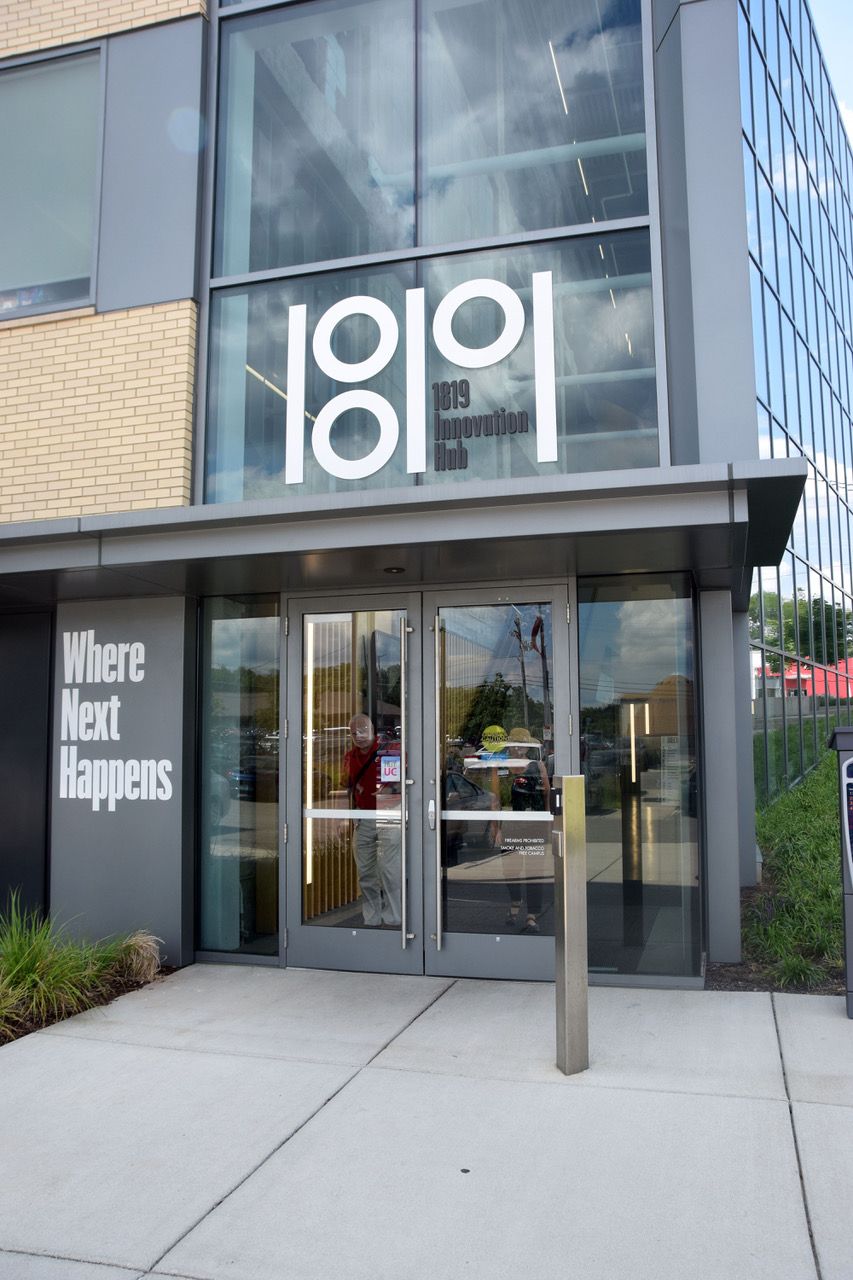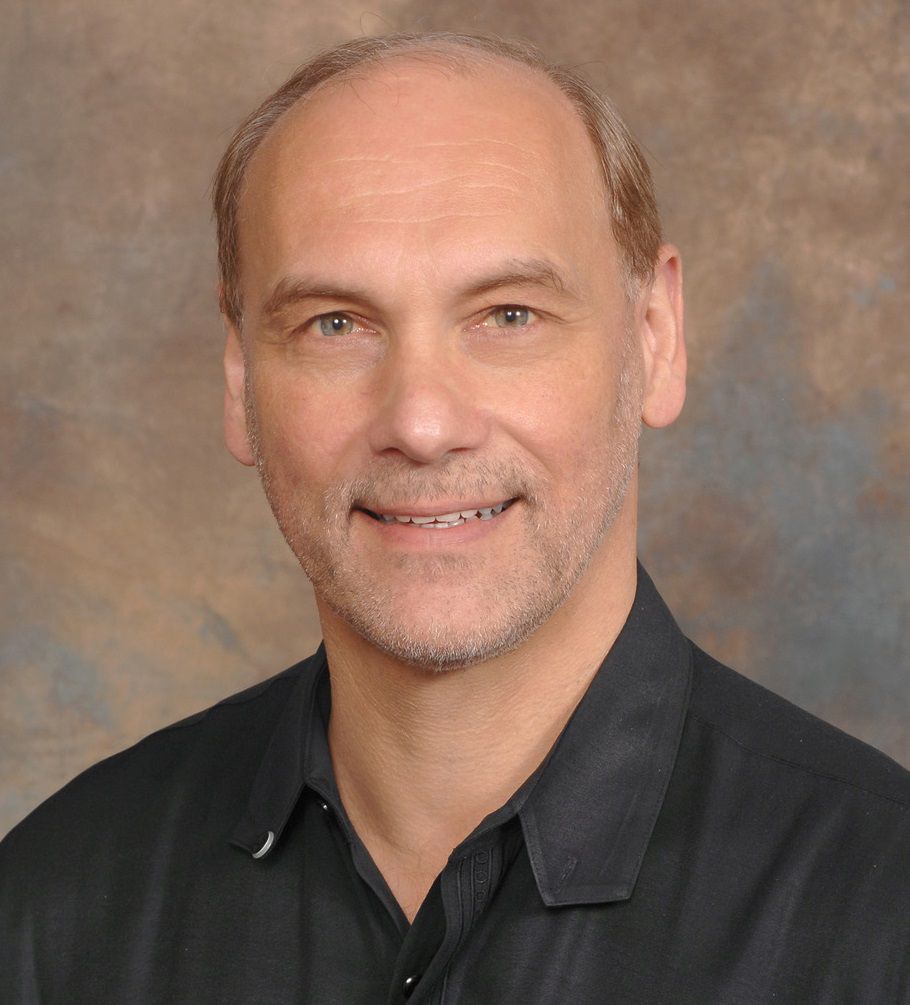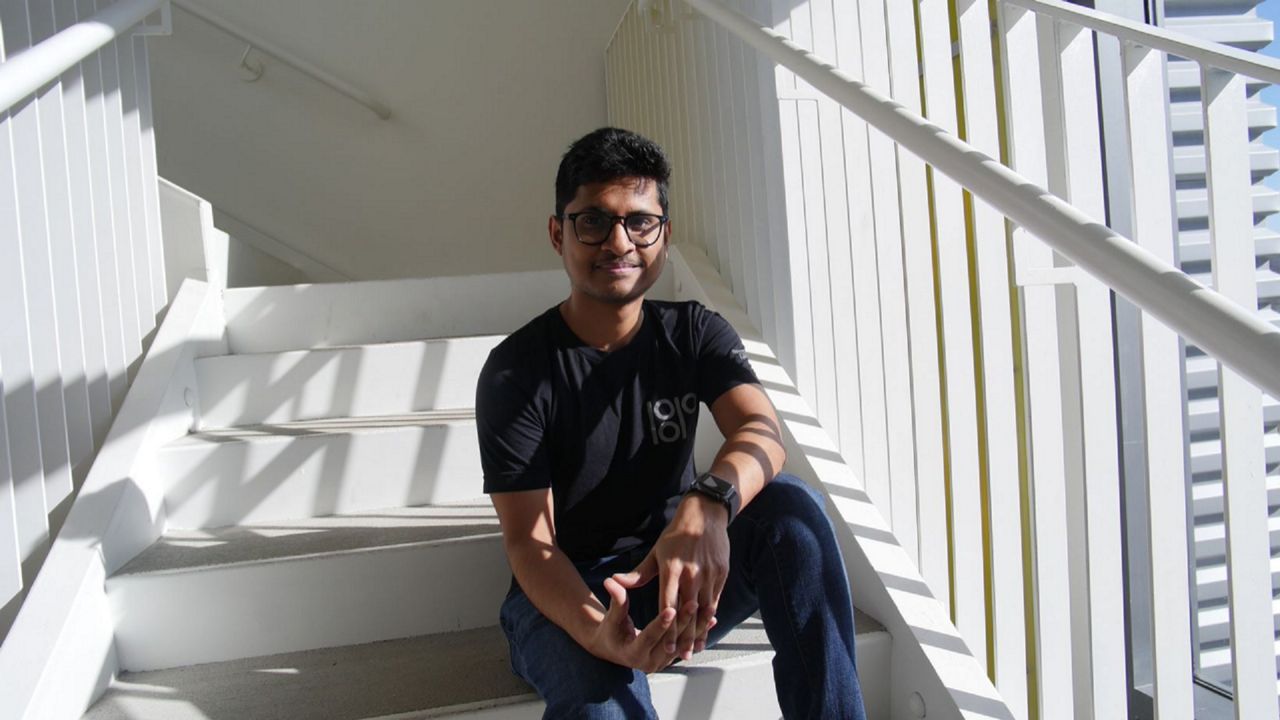CINCINNATI — When Bharadwaj “Ben” Dogga emigrated to the United States in 2019, his goal was merely to earn a master’s degree in aerospace engineering. But the Mumbai, India, native’s creativity and intellect soon helped open broader horizons for his future.
Dogga developed a technology called “DigiE3Turbo” as part of his thesis work at the University of Cincinnati.
Now a Ph.D. student, Dogga took part in UC’s Venture Lab pre-accelerator to determine if his creation could translate into a lucrative business idea.
The eight-week program provides important development funding for ideas with potential, but that aren’t ready to seek venture capital or interest from angel investors. The Venture Lab also features mentorships, peer review and other resources to help the innovators transform their theoretical concepts into products ready for market.
On Tuesday, Dogga and 11 members of his program will present their ideas as part of a graduation pitch day at UC’s 1819 Innovation Hub on Reading Road.
“We help entrepreneurs get to the point when they can launch and bring in revenue and/or third-party investment,” said Elizabeth Wetzel, who’s guided UC Venture Lab for its entire five-year existence.
What You Need To Know
- UC’s Venture Lab pre-accelerator provides development funding and other resources
- This term's cohort consists of 12 teams working on projects ranging from supply chain logistics to resource sustainability
- A key part of the eight-week program is letting participants brainstorm with experts in various fields
- Graduation is Tuesday, Feb. 28 at 1819 Innovation Hub, but UC is already recruiting for its next class
Dogga is part of the 21st class in the program’s history. The entrepreneurial teams represent a diverse range of backgrounds and each came up with innovations for addressing real-world problems — supply chain logistics, medical care delivery, resource sustainability, and pet health, to name a few.

“We want creative people who are passionate about their proposed solution to a big problem,” Wetzel said.
While he’d long thought about starting his own business, Dogga took it more seriously after taking part in business-related virtual innovation challenges organized by 1819 Innovation Hub during the pandemic.
Dogga found the projects intellectually stimulating, but they also helped him develop a broader set of skills like marketing, relationship building and general business savvy. It also caused him to become curious about the marketability of his research, he said.
One of the major selling points of the pre-accelerator is the one-on-one mentorship with Entrepreneurs in Residence (EIR), who are experts in specific fields.
Over the course of the program, Dogga and other participants had five sessions with different EIRs. Together, they’d brainstorm about the most practical commercial and industrial uses for their respective products.
Dogga called it “very essential” for his technology, which has what he described as having a “niche and limited audience.”
Originally, the aerospace engineer developed DigiE3Turbo to improve the digitizing of airplane jet engine blades from old NASA reports from the 1960s and early '70s. However, program mentors made him realize his technology had other applications that would make for a better business model, he said.
Dogga now plans to market it as a search engine for turbomachine blades and target it to those working in the HVAC (Heating Ventilation and Air Conditioning) servicing and maintenance industry. He’s looking for entrepreneurs and industry professionals to join his team.
“(The Venture Lab) helped me remove the engineer’s hat and put on an entrepreneur’s hat… think on an industry level,” Dogga added.
Although Dogga had taken part in entrepreneurship boot camps prior to the Venture Lab, he always left feeling confused about the next steps. The two-month pre-accelerator gave him time to absorb all the information while juggling the demands of a graduate school workload.
“This made it feel like it would be a better fit for my case,” he added.
The Venture Lab pre-accelerator isn’t only open to students. It’s also open to staff and other innovators across the region, Wetzel said.
Dr. Georg F. Weber, a professor at the UC Cancer Center, joined the class to expand a biotech company he founded several years ago.
He started MetaMol to create a tool to improve risk assessments in diagnosing breast cancer. He called available diagnostic tools “too vague.”
Women over the age of 40 years often find lumps in their breasts that are not cancerous at the time of biopsy, Weber said. Those patients need to make a tough decision between treating the lesions proactively — surgery, radiation, chemotherapy or hormone therapy — with substantial side effects or engaging in “watchful waiting” and risk a later diagnosis of invasive cancer.
“Our goal is to give patients more information to improve their decision-making process,” he said.
Several years ago, Weber ran into technical problems with the product development and his firm went dormant. When new technologies became available, he funded them himself and in 2018 finally succeeded in creating what he referred to as the necessary "lead compound" for the diagnostic tool.
Through the Venture Lab, Weber and other participants have access to significant startup-grant funding both through the state of Ohio and UC.
Graduates of the pre-accelerator program may also apply for $5,000 seed grants from the university to do things, including prototyping and market research.

Entrepreneurs in the system who continue to develop their business concept with the help of an EIR can work with the Venture Lab to make a pitch for funding from the Ohio Third Frontier, a technology-based economic development initiative. UC matches the funding received through these programs.
The Venture Lab currently provides each startup between $40,000 and $115,000, with the possibility of it growing to $265,000 total, depending on circumstances.
UC has a Tech Transfer team who supports participants in the pre-accelerator with navigating intellectual property issues, such as ownership, options, licenses and royalties, Wetzel said.
In its first five years, the Venture Lab has supported more than 50 startups with this state grant funding, and 90 have received $5,000 in seed grants through UC.
“The financial support from UC Venture Lab has enabled critical steps in the product development and market analysis,” Weber said. “These steps would have been difficult to accomplish without the program.”
A successful pre-accelerator to Wetzel means an entrepreneur knows what they should do next to commercialize.
Weber, for example, plans to use what he’s learned to either raise more capital or partner with a major diagnostics company to get his product to clinics as soon as possible. He'll then shift his focus to developing an anti-metastasis therapeutic.
While not every idea is going to be successful, Wetzel said she’s proud of the approximately 250 teams who’ve been through the pre-accelerator so far.
Even though the Venture Lab team are focused on Tuesday’s graduation, they’re already looking ahead to their next class. Wetzel invited anyone who is curious to attend.
“You will undoubtedly come away inspired, and you might meet people you want to work with on a venture,” she said.
Anyone who wants more information about the program, or how to apply, can find it on the Venture Lab website.



